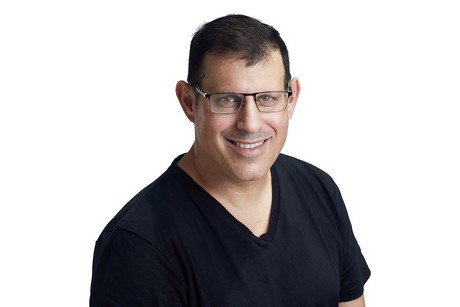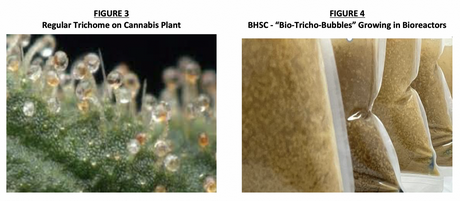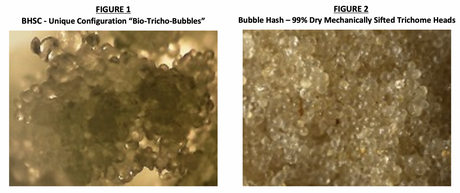Few things are more complicated than producing medicines from biomass. The main reason is the fact that medicines have to provide the same effects to the user consistently. Thus, it doesn’t come as a surprise that producing medicine from a plant adds a whole new level of complexity, as said consistency starts from the plant itself. Many things can go wrong in a cultivation cycle, and each of those can potentially compromise the quality of the end product. At the same time, the supply of plant-based medicines relies on the number of cultivation cycles growers can make in a given time. So, the pressure is definitely on growers who have very little room for mistakes. This is especially true when the plant in question is cannabis – one of the least forgiving crops out there.
It all started with a saying
While all growers capitalize on their knowledge to nail consistent high quality, there is an Israeli biotech company that has developed a technology allowing plants to basically skip the vegetative stage, and get immediately into the flowering thus shortening the cultivation cycle to 3-4 weeks. “It all started with our Vinia product,” Ilan Sobel, CEO of BioHarvest. “We have spent millions of dollars and hundreds of thousands of man-hours into R&D to come up with a technology that allows us to take any active ingredient from a plant or a fruit.” So, BioHarvest started with following the science behind the old saying ‘a glass of wine a day keeps the crazy at bay.’
 Ilan Sobel, CEO of BioHarvest
Ilan Sobel, CEO of BioHarvest
Science has backed up the belief that one glass of red wine a day is good for your health by indicating Piceid Resveratrol as the chemical compound responsible for this benefit. “But together with the Resveratrol, you’ll also ingest alcohol and sugar,” Ilan says. “So, we set ourselves to find a way to extract Resveratrol only from grapes.” And instead of growing grape plants, BioHarvest started growing cells. “What we basically do is to grow cells in liquid media, or bioreactors. In 3 weeks, the biomass of the cells increases, and we move to the harvest stage.”
Unlocking the secrets of plant biology
It was only a matter of time before BioHarvest would start applying its technology to other crops as well. And what a better choice than the crop that has consistency as the top priority? “The cannabis plant is not only complex to grow, but it is also especially complex in and of itself,” Ilan continues. “Therefore, we decided to start with cannabis 3 years ago. Since that moment, we have been nailing historical milestones, one after one after one. Everything we do is completely new, there’s no literature on this as of yet. We are unlocking the secrets of plant biology.”

What BioHarvest does is nothing short of magic. “We use the cannabis plant once only,” Ilan remarks. “Then, we develop cells from the plant, and we grow those cells in bioreactors. The cells grow trichomes, and go straight into the flowering stage.” This is called biofarming. For cannabis, it could represent a way to solve the two biggest issues of the medical cannabis industry: quality and consistency. “With this method, we have fingerprint consistency,” says Ilan. “Lab tests also are a piece of cake as no solvents, fertilizers, or heavy metals even get close to our cannabis cells. But there’s more, as the cannabis we grow through biofarming is full spectrum.” The challenges that this method solves are not only related to "plant-touching" issues. “The entire cannabis industry is facing major challenges around sustainability,” Ilan says. “The amount of energy, water utilization, and so on, are all things that need to be addressed. That’s why biofarming represents a way for the medical cannabis industry to be more sustainable, as the footprint of biofarming is insignificant compared to traditional CEA facilities.”

After hitting milestone after milestone in a surprisingly short time span, BioHarvest is fine-tuning its cannabis-making efforts and is getting ready to hit the market. “We are planning our commitment, and we expect to be starting producing medical cannabis for the market by next year,” Ilan concludes.
For more information:
BioHarvest
bioharvest.com
